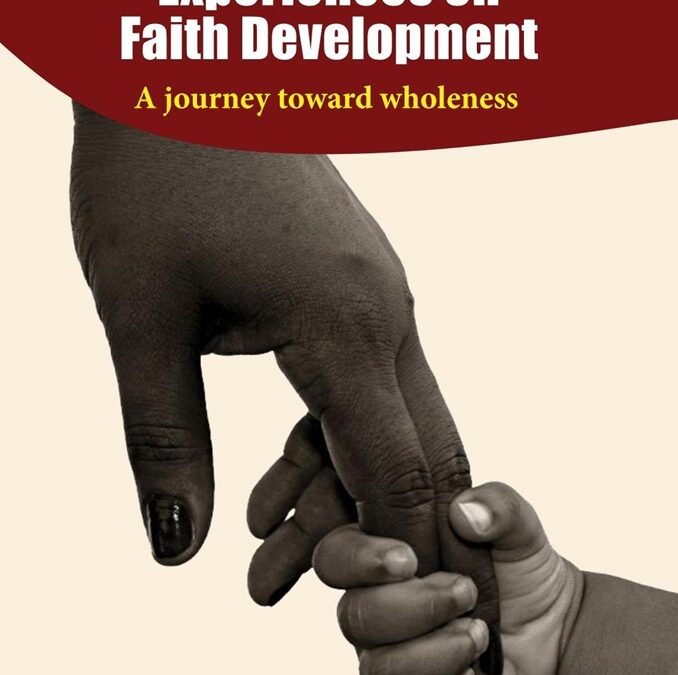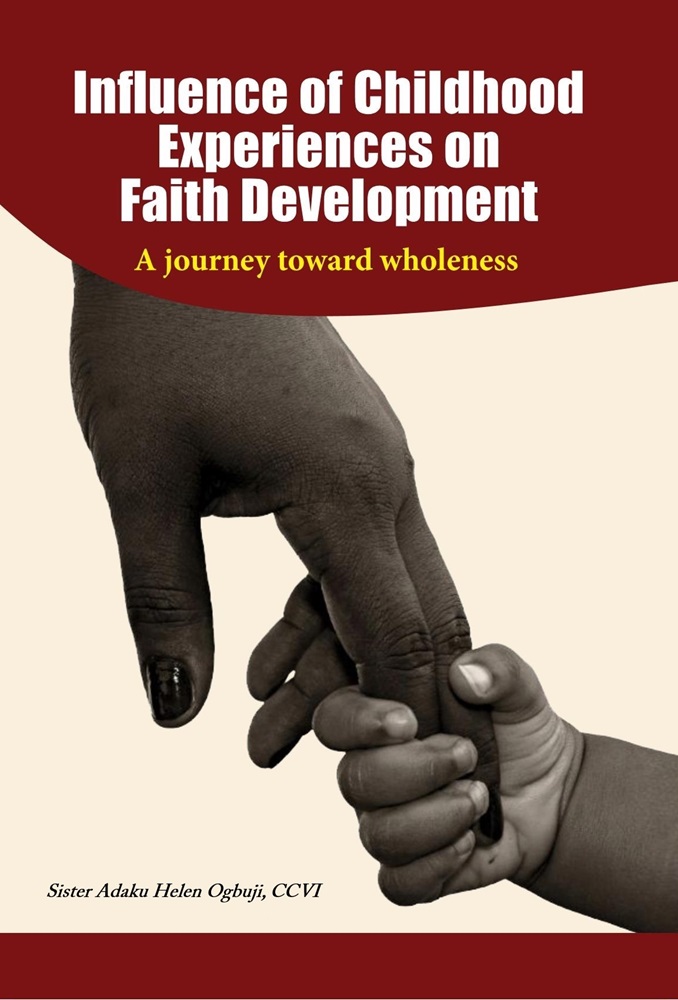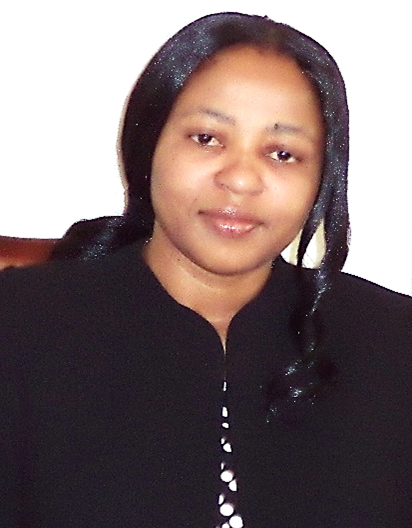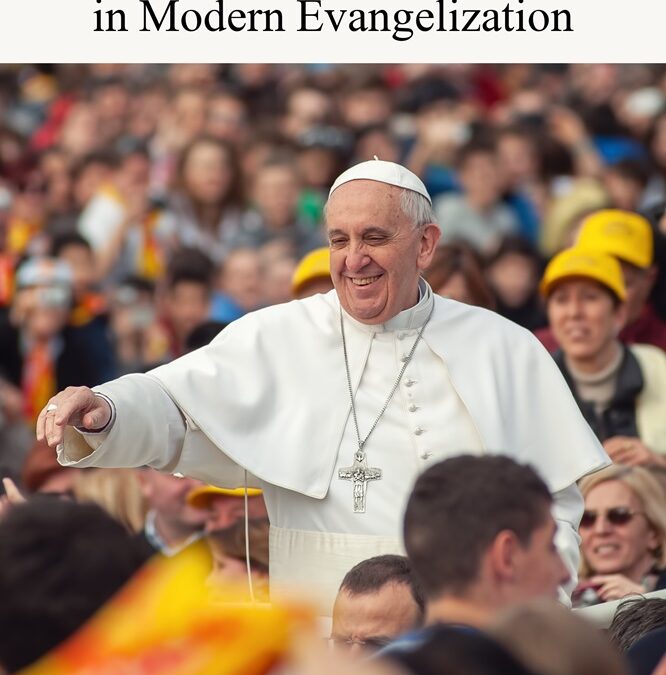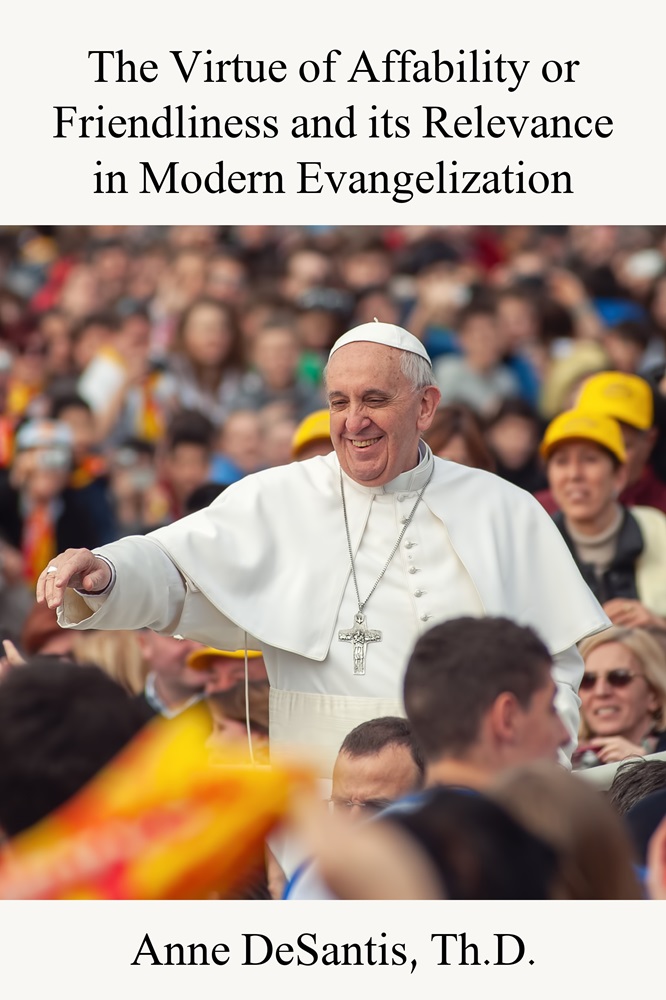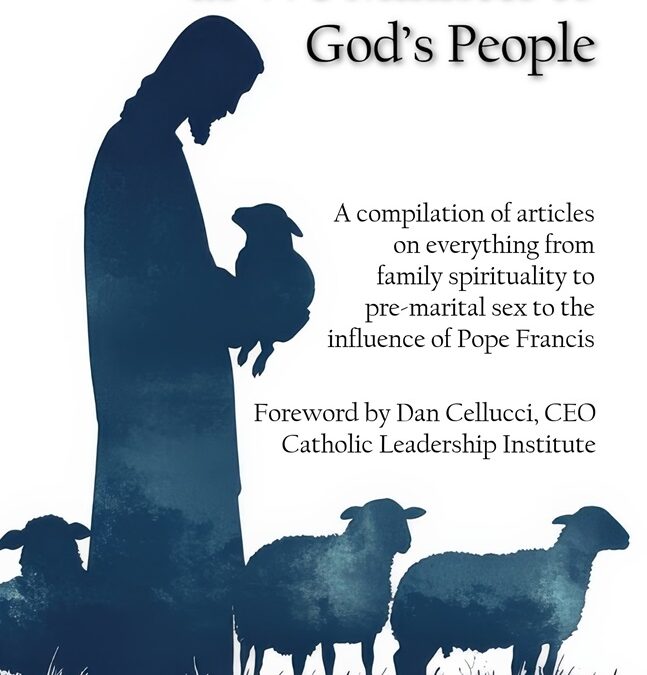
Smelling Like the Sheep as We Minister to God’s People by Fr. Bill Waters, OSA
Smelling Like the Sheep as We Minister to God’s People
by Fr. Bill Waters, OSA
TESTIMONIALS
“Father Waters has gathered together articles written over the past 40 years reflecting on his experiences of dealing with couples preparing for marriage, couples experiencing prayerful families, couples struggling with marriage, laypersons evangelizing in ordinary ways, struggles of being a pastor in the modern world and the influence Pope Francis has had on his ministry. I find all of this that rare combination of both inspiring and useful!” – Fr. James Martin, SJ, author of Learning to Pray: A Guide for Everyone
“In this new collection of articles, Father William Waters, OSA offers a number of blessed insights into some of the recurring challenges priests encounter in pastoral ministry. His understanding of human nature and appreciation of the ordinary daily struggles make his reflections real and realistic for both laity and priests. If you are looking for practical approaches, tinged with self-deprecating humor, for some of today’s problems, I encourage you to pick up and enjoy these essays.” – Archbishop Alfred C. Hughes, Archbishop Emeritus of New Orleans, and co-author with Dcn. Larry Oney of A Gospel Path for Racial Healing
“Marriage preparation, building projects, separately celebrating the seasons of Advent and Christmas in a society where celebrating Christmas usually begins immediately after Thanksgiving and ends before a new year begins, are among the many challenges that priests face in their ministries. Exploring these, and many other topics, the author shares the realities, as well as the frustrations, of being a priest and pastor today. People sometimes think that priests are knowledgeable about every aspect of their ministry. While Fr Waters admits: ‘I do not pretend to have the answers, but I know some of the challenges,’ he also has plenty of practical wisdom, acquired from serving over fifty-three years of ordained ministry, to convey to priests of all age groups. It is evident that Fr Waters understands priesthood with its many hats to wear. This book is a refreshing read and priests, particularly pastors, will readily identify with his experiences and benefit from his insights.” – Bishop Timothy Senior, Bishop of Harrisburg
“This book is the revelation of a pastor’s heart. Anyone who reads this work will be rewarded with both the wisdom of its author and the inspiration of his faithful witness. He is a priest who abides in fidelity to mercy, compassion, patience, and gentleness. May it come into the hands of many other priests.” – Dcn. James Keating, PhD, Professor, Kenrick Glennon Seminary, St Louis, MO
“When Fr Bill left our wedding reception, we told him not to change his process of helping engaged couples prepare for marriage. Under his guidance, completing our Marriage inventory forced us to ask the tough questions, ensuring we understood each other’s values. Creating our Marriage Gameplan gave us the confidence to face any rough waters together, knowing we’d never abandon ship.” – Mark and Marisyl Alvino
ABOUT THE AUTHOR

Fr. Bill Waters, OSA, was born in Philadelphia in 1943. After graduating from St. Anselm College in Manchester, New Hampshire he joined the Augustinian Community. After receiving a Master’s Degree in Education (Villanova University, 1968) and a Master’s Degree in Theology (Washington Theological Union, 1971) he was ordained a Roman Catholic Priest on August 28, 1971.
His first assignment was as Parochial Vicar at St. Augustine Parish in Lawrence, MA (1971-75). He then served as Vocation Director for the East Coast Augustinians (1975-79), and then Director of Students at Augustinian College in Washington., D.C. for the Augustinians who were preparing for Solemn Vows and/or Ordination. He returned to Lawrence as pastor of St. Augustine Parish (1984-93). He was the Vicar for the Lawrence Vicariate from 1991 to 1993. He then served as pastor of St. Nicholas of Tolentine Parish in Jamaica, New York (1993-97) and then pastor of St. Mary-Inmaculada Concepcion Parish in Lawrence (1997-2004). While pastor at St. Mary’s, the parish in 2001 was named one of the 300 excellent parishes in the country by The Parish Congregation Study team led by Paul Wilkes. On August 6, 2004 Father Waters became pastor of Our Lady of Good Counsel Parish in Methuen and Lawrence, a position which he held until June of 2008 when he became a member of the Campus Ministry team at Merrimack College in North Andover, MA. In August of 2014 he became Pastor of St. Augustine Parish in Philadelphia, a position he held until July 1, 2024. He is presently residing at St. Thomas Monastery at Villanova University.
He served as a member of the Council of Priests of the Archdiocese of Philadelphia and as Chaplain for the Philadelphia Drug Enforcement Administration (DEA). Before he came to Philadelphia, he was a member of the Board of Directors of the Mary Immaculate Health Care Services, a member of Cardinal Sean O’Malley’s Presbyteral Council in the Archdiocese of Boston, Chaplain of both the Ancient Order of Hibernians Division 8 and the Massachusetts State Chaplain for the Ancient Order of Hibernians. He was the former chaplain of the Lawrence Police Department, a past member of the Board of St. Anne Home in Methuen and a former member of the Board of Trustees of the Lawrence Public Library. He was named Irishman of the Year in 2004 by the Hibernians and named the Grand Marshall of Lawrence‘s 2006 St. Patrick Day Parade. In October of 2012 he received “The Catholic Leadership Award” from his alma mater, St. Anselm College. In March of 2014 he received “The Cardinal Cushing Award from the Ancient Order of Hibernians.
He has authored the eight published articles that comprise this book: “Spiritual Guidance in Family Settings” (The Priest, March 1981), “Marriage Preparation Comes Too Late” (Today’s Parish, Nov. /Dec. 1990), “Helping Couples Avoid Divorce” (Today’s Parish, April/May 1994), “Ministry of the Laity: Evangelization—Hearing the Word and Keeping It” (The Priest July, 2016.), “What the Bishop Never Told Us at Ordination” (The Priest June, 2018), “If Pope Francis Confuses People, He is in Good Company” (The Priest, March 2019), “Christmas, a Holy Night, a Joyful Day—But is it a Glorious Season for Priests?” (The Priest, December 2023). “Why Wait ‘Till Marriage? It Is So Old Fashion!” (The Priest, January 2025)
OTHER PRACTICAL THEOLOGY BOOKS
No Results Found
The page you requested could not be found. Try refining your search, or use the navigation above to locate the post.
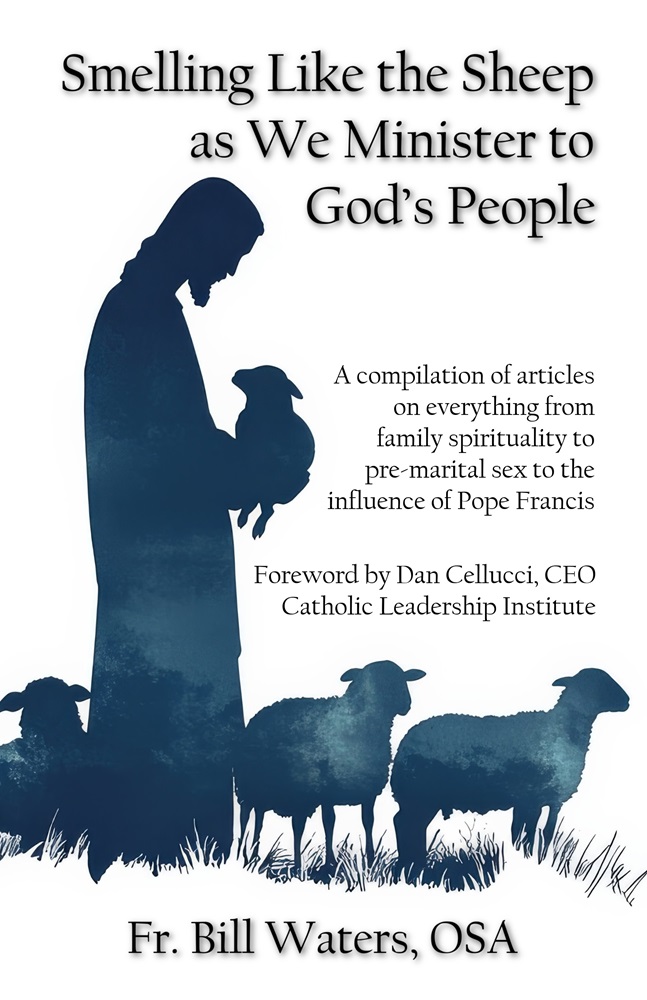


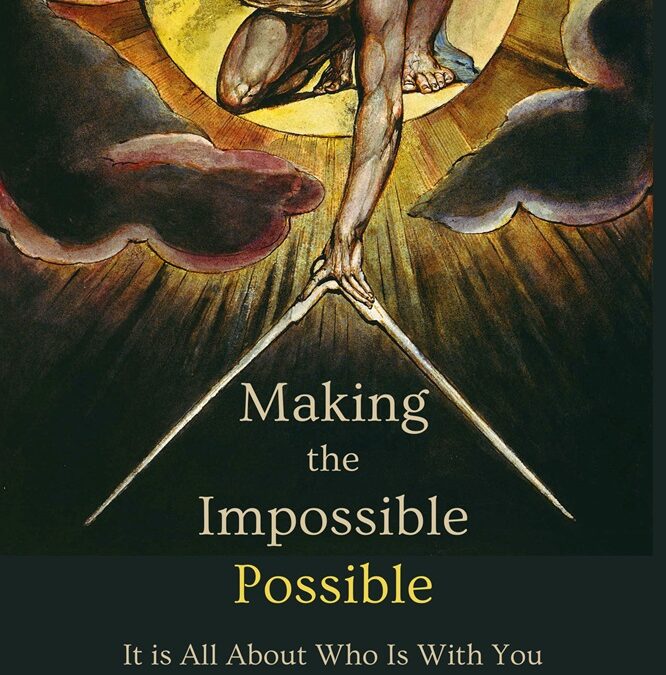
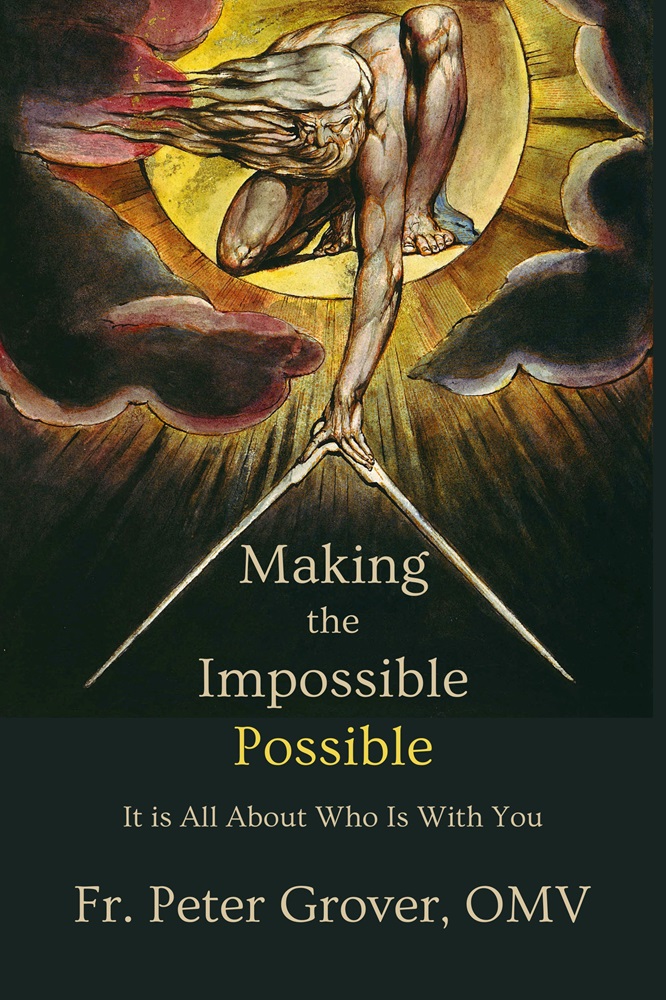
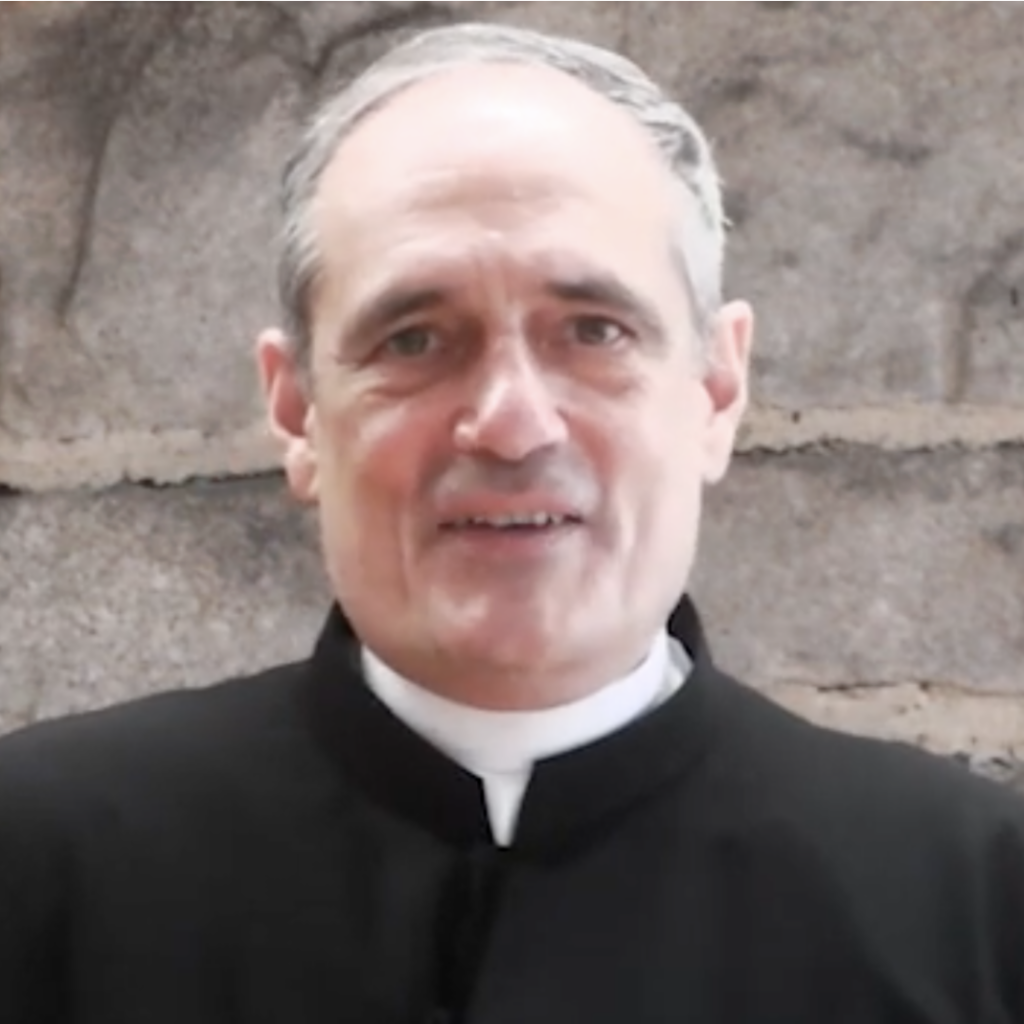 Fr. Peter Grover, OMV is a religious priest with the Oblates of the Virgin Mary. Presently he is the director of St. Clement Eucharistic Shrine in Boston. He also teaches classical languages and biblical studies at St. John Seminary, the Theological Institute of Boston, and Pope St. John XXIII Seminary. He is an avid fly-fisherman and enjoys wreaking havoc in the kitchen.
Fr. Peter Grover, OMV is a religious priest with the Oblates of the Virgin Mary. Presently he is the director of St. Clement Eucharistic Shrine in Boston. He also teaches classical languages and biblical studies at St. John Seminary, the Theological Institute of Boston, and Pope St. John XXIII Seminary. He is an avid fly-fisherman and enjoys wreaking havoc in the kitchen.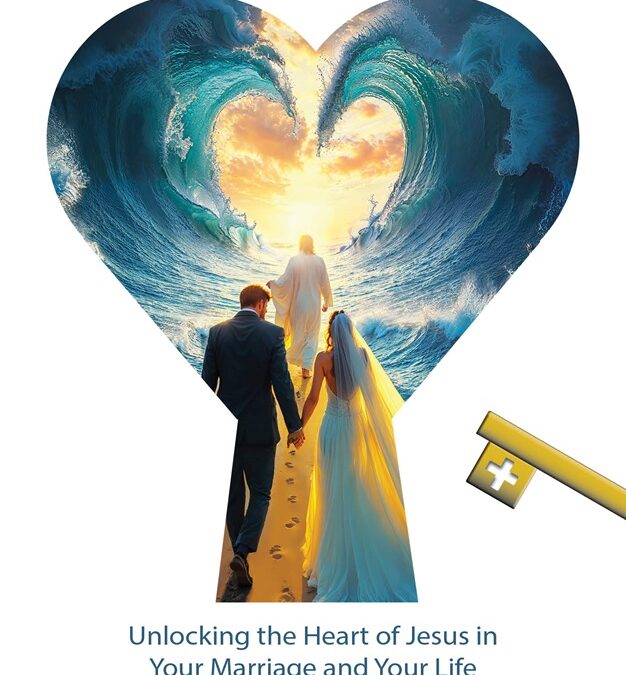

 Nicole Berlucchi is a writer and speaker. You can find her on her personal website:
Nicole Berlucchi is a writer and speaker. You can find her on her personal website: 